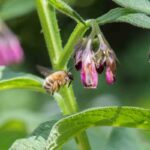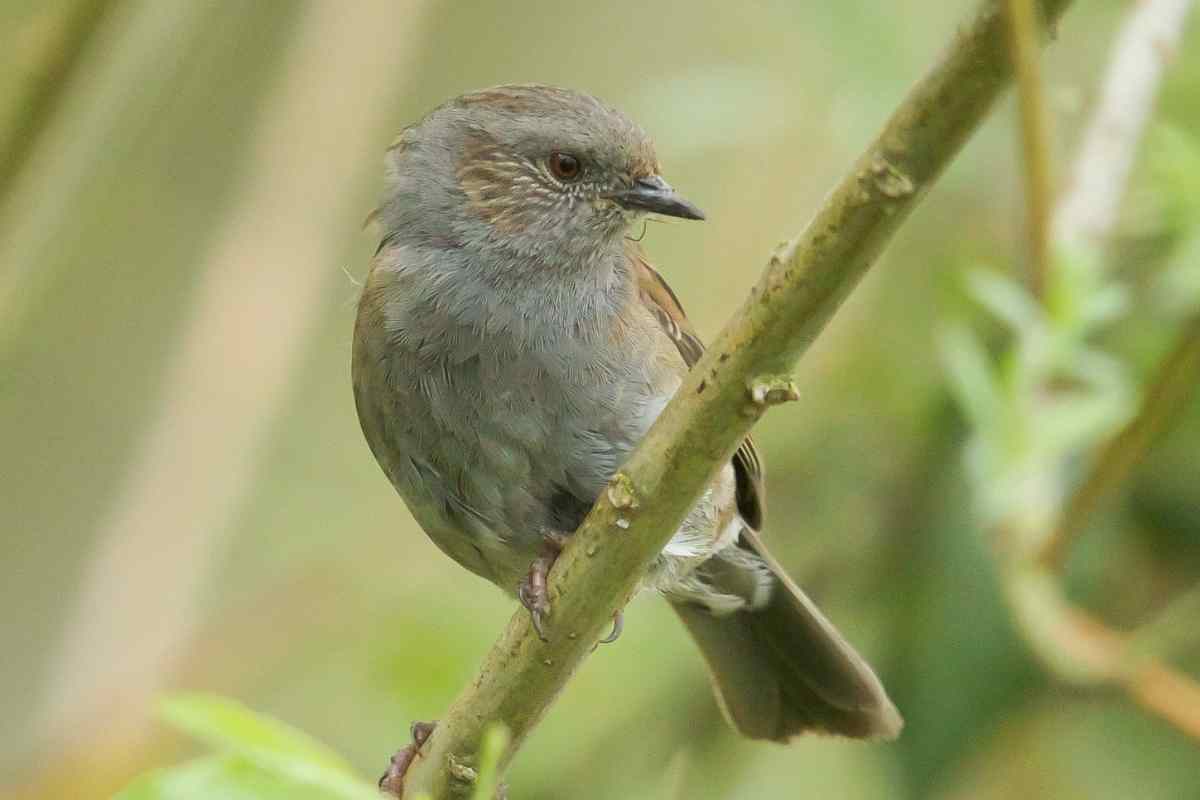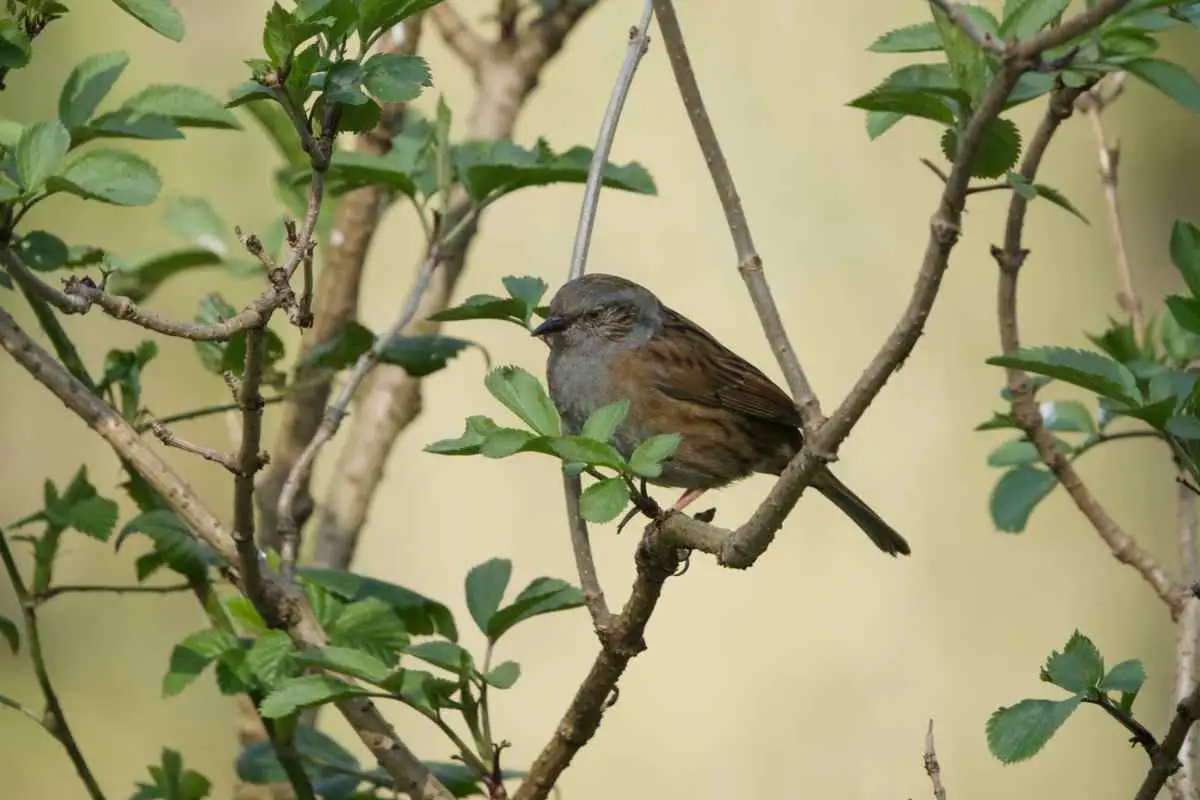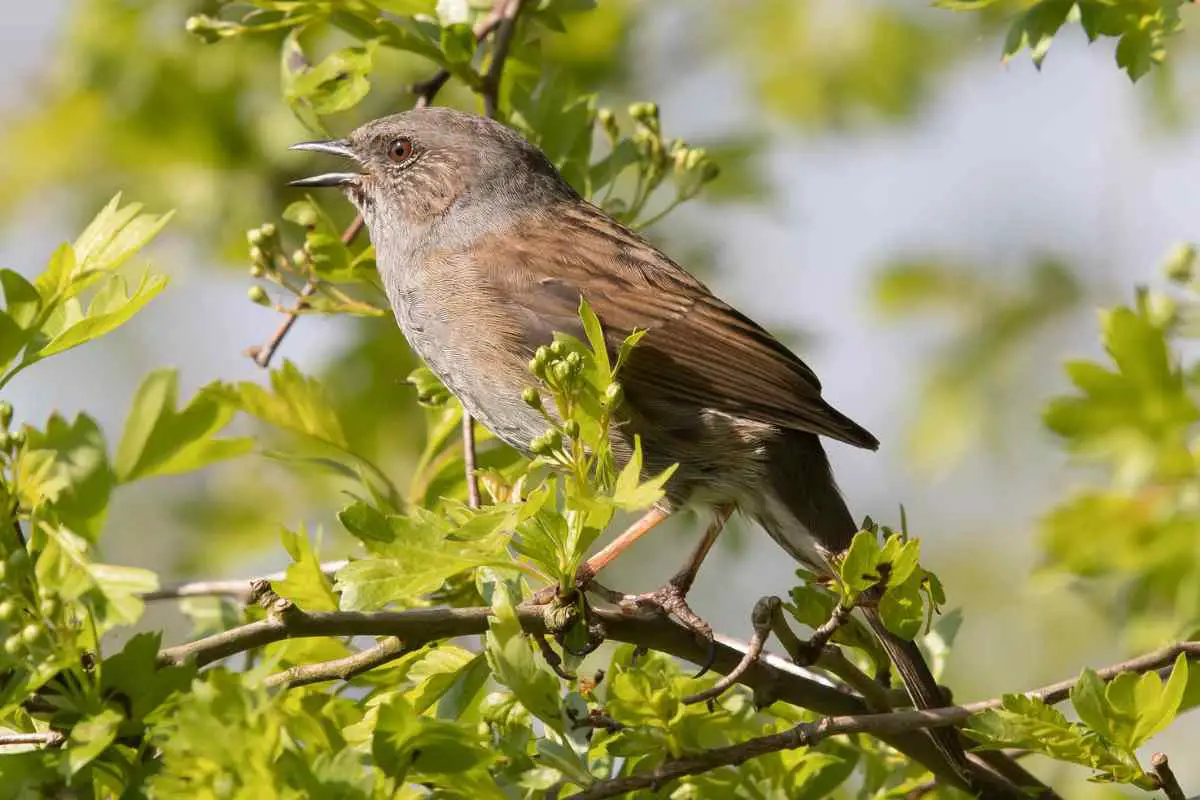There are many options for getting rid of slugs organically, such as using nematodes, bran, beer, or sand in your garden, or removing the slugs manually in the evening. Other options include changing your watering routine, selecting different plants, and increasing the frogs/toads in your garden. Often, a combination of these methods will be needed for truly effective pest control.
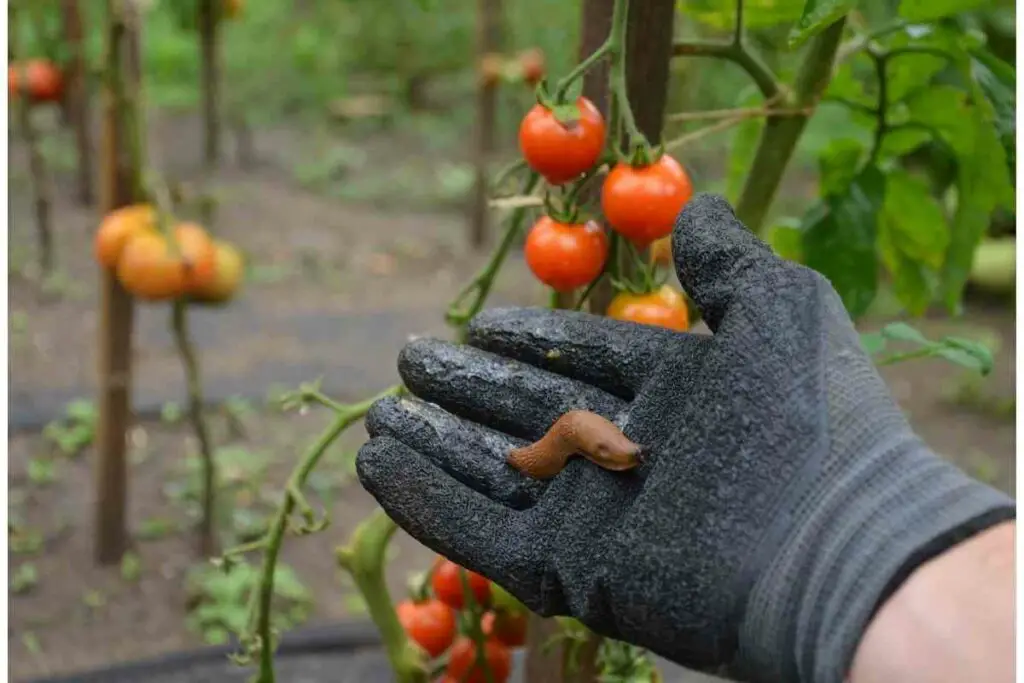
Table of Contents
What Are Nematodes?
Nematodes are a natural form of slug control. They are microscopic creatures that look worm-like. They are parasitic and attack slugs very quickly once they are added to the garden. All you have to do is purchase the nematodes and add them to your garden soil, and then water them.
The nematodes will attack the slugs underground, and they can kill them within just a few days. They will cause no harm to the rest of your garden or any other wildlife, but they can effectively keep slugs away for around six weeks.
Note that some will not work against snails, because they attack slugs while underground.
Our recommender product below works against slugs and snails.
Prices pulled from the Amazon Product Advertising API on:
Product prices and availability are accurate as of the date/time indicated and are subject to change. Any price and availability information displayed on [relevant Amazon Site(s), as applicable] at the time of purchase will apply to the purchase of this product.
What Are The Best Deterrents?
You can place a variety of things around your plants that slugs and snails dislike the feeling of. This can stop them from crawling up to your plants, but be aware that you may have to make quite a thick ring, especially around their favorite plants. They will crawl over short distances of these substances.
Sand, sharp stones, eggshells (dried), and coffee grounds all work to keep slugs away because they are uncomfortable for the slugs. Note that eggshells must be thoroughly washed, dried, and crumbled before you try to use them, or the slugs will enjoy eating the eggy remnants.
Coffee grounds and eggshells are good for the soil and will dissolve into it, but this does mean that you will have to reapply them. Sharp stones and sand can last for longer, but they will eventually wash into the soil and need replacing.
Seaweed is also a good option that can be placed around your plants. It is too salty for slugs to crawl over, but not salty enough that it will damage your plants, so it works well. It will also feed the plants as it breaks down.
Wood chips and gravel are further solutions for keeping slugs away from your plants. As long as you put a reasonably wide ring around the plants, the slugs will not crawl over these. Alternatively, try a barrier of copper strip or use a ring of copper coins.
The copper shocks the slugs and may cause them to dry up, or just deter them.
How Can I Kill Slugs?
If you would like to kill the slugs, rather than deter them, consider using bran.
Bran will suck moisture out of the slug’s skin. It works in the same way as salt but does not harm the plants (salt kills plants).
Caffeine can also kill as well as deter, but there are many other options. Beer traps, for example, are popular. Buy some cheap beer, pour it into a steep-sided container, and leave it near the plants you want to keep safe from the slugs.
The slugs will crawl in to drink the beer and drown. It’s not very pleasant to dispose of this mixture afterward, but it is effective!
Cornmeal is another very powerful way to kill slugs. Consuming it will always kill them, but they are very fond of it, and will readily devour any that you put in the garden.
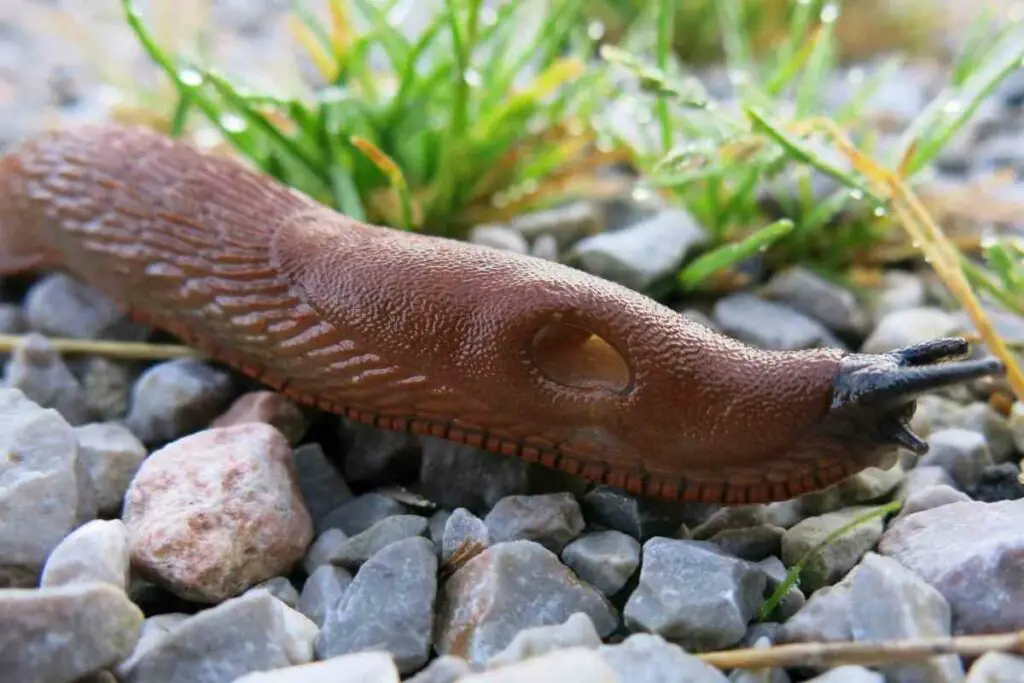
What Else Can I Do?
Adjusting your gardening habits can also help. For example, you should water early in the day, rather than at night, if you want to keep slugs at bay. Slugs need moisture, and they feed at night. If you water your plants in the evening, you are almost inviting the slugs to rush in.
Choosing plant varieties that are unpopular with slugs is another good option. This doesn’t mean you have to dig up the plants that you already have, but if you add others that slugs dislike, you may find you get fewer slugs.
Daffodils, pumpkins, and red-leaved plants such as red cabbage tend to be disliked by slugs. They also hate plants with fuzzy leaves, and plants with very strong scents, such as herbs. Planting a ring of herbs can be a good way to protect other plants.
Many people combine these options with hand removal. Go out late at night with a torch and gather up any slugs you find feeding on your plants. These can be killed or thrown into a scrap of wasteland or another part of your garden if you prefer. Don’t put them too near your plants, though!
A final step involves clearing out debris that slugs can hide under near your plants. They like to retreat to damp places during the day. Move any pots, leaves, boxes, and bags that the slugs might hide under, and keep the area around your plants as clear as possible.
What About Slug Predators?
Slugs are a tricky mouthful, but lots of things do still eat them. The more you can encourage these predators to your garden, the fewer slugs you will have.
Toads and frogs are famous slug-eaters, and they make wonderful pest control. Installing a small pond can encourage these creatures to come to your land, and they will happily eat huge amounts of slugs. This is one of the most effective ways to restore balance in your garden.
Certain kinds of birds are keen slug eaters too. Invite in thrushes and blackbirds whenever possible by putting down food and providing nest boxes. They will help to keep the slug population down.
Hedgehogs are also your friends in the war against slugs, so consider adding a hedgehog house and making gaps in your garden fencing so hedgehogs can visit. These creatures are declining in numbers, but you may be able to coax one in.
Predators are a very important part of controlling pests organically, so if you can make your garden a wildlife haven, you will probably find that you have fewer issues with slugs and snails.











